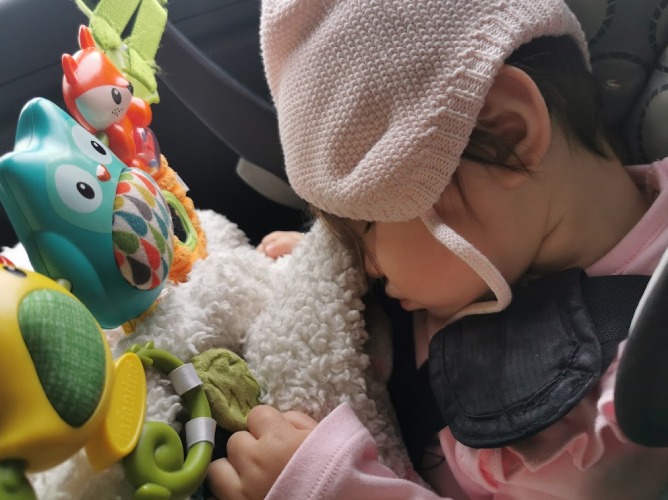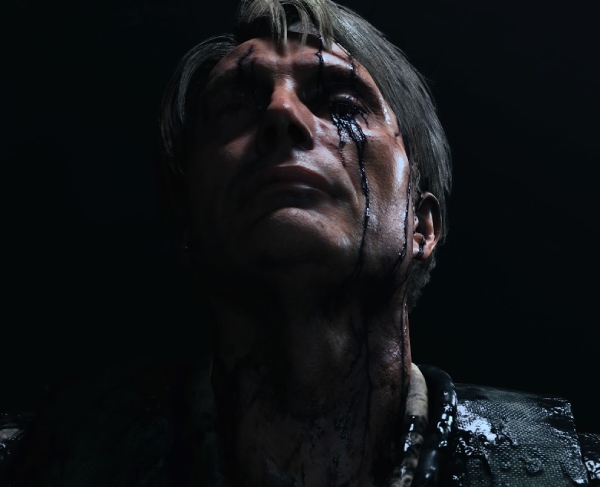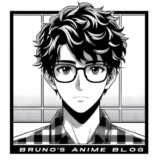Spoiler Warning for the game.
In 2020, I found myself in the darkest depression of my life. COVID had taken away my ability to work, and a misdiagnosis from a doctor left me on medication that nearly pushed me over the edge. I came dangerously close to losing everything, but my family needed me, and I knew I had to keep going.
Months passed in my apartment, without TV, books, or games. I was completely disconnected. Then one day, I saw Death Stranding on sale. I had heard mixed reviews—some calling it a “walking simulator”—but I trusted Hideo Kojima’s storytelling, so I took a chance.
At first, it was hard to get into the game because of my depression. I even stopped playing for a month. But when I returned to it, the parallels between its world and ours hit me hard. The idea of isolation, of relying on front-line workers, mirrored what was happening in reality.
In Death Stranding, you play as Sam, a courier in a post-apocalyptic America. As I played, I couldn’t help but wonder if Kojima had somehow predicted our present. Japan often seems more in tune with the universe, with a sensitivity that feels prophetic at times.

But the most profound part of Death Stranding wasn’t the similarities to our pandemic-ravaged world—it was the connection with “BB,” the infant in the pod. BB isn’t just a tool in the game; it’s a being that Sam must care for, protect, and soothe. Every time I rocked BB to sleep or shielded it from danger, I couldn’t help but think of my own daughter, born in December 2018, and my second child on the way.
BB cried when I moved too fast, when I tripped, or when danger approached, and I slowed down. Achievements didn’t matter as much as making sure BB was okay. I was drawn into this bond, one that mirrored my experience as a father. And then came Cliff, played by Mads Mikkelsen.

Through BB’s perspective, you see Cliff mourning his comatose wife, heartbroken but determined to protect their child. It’s in one of these moments that Cliff says something that stayed with me long after I put the controller down:
“When I found out I was going to be a father, I was so scared. I had to be there for you and your mother, no matter what. I couldn’t just go off and get myself killed anymore. But I had it wrong. Being a father didn’t make me scared, it made me brave. Don’t make the same mistake. Be yourself. Be free.”
-Clifford Unger
I paused the game, tears streaming down my face. For over a year, I had blamed myself for being weak, for being a poor father because I was scared. But in that moment, I realized something: I hadn’t chosen to give up. I had chosen to live—for my daughter, for my stepson, for my wife, and for the new life on the way. My fear didn’t make me weak; it made me strong.
"But I had it wrong. Being a father didn't make me scared, it made me brave.”
I believe now that things don’t happen without a reason. Maybe I was meant to play Death Stranding at that exact moment in my life. It reminded me of what I was fighting for. My battle with depression wasn’t over, but the game gave me something to hold on to—a reminder of the bravery in fatherhood.
To Hideo Kojima, Mads Mikkelsen, and everyone involved in the making of Death Stranding, I want to say thank you. You helped me see the courage within myself when I needed it most.

